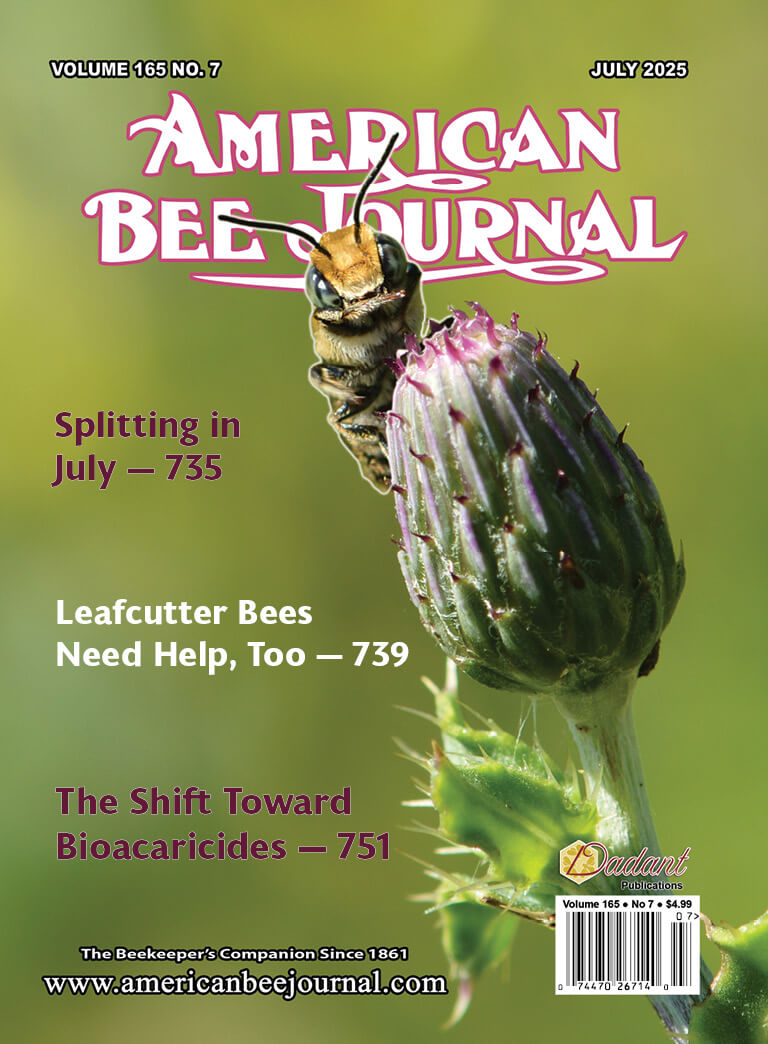History of Beekeeping in the U.S. and Sociology of Sustainable Beekeeping
7:00-9:00 p.m. (Mountain Standard Time)
Speakers:
Tammy Horn Potter, Ph.D.
Kentucky State Apiarist and Author
The History of Beekeeping in the United States – How Bees Shaped a Nation
Since the 17th-18th centuries, the U.S. has been shaped by honey bee-related analogies that continue to influence public policy even as science and technology have advanced the apicultural industries in the 21st century.
In 2005, Tammy published “Bees in America: How the Honeybee Shaped a Nation,” followed by “BeeEconomy” in 2011 and “Flower Power: Establishing Pollinator Habitat” in 2019. She has a new book, “Work I Knew I Must: Reminiscence of Forty-One Years of Factory Life,” just published by Root Publishing, 2021.
Tammy’s grandparents on both sides were beekeepers. Her Ph.D. and early career involved teaching English and Literature at college and university levels. In 1997 she spent a summer helping her grandfather with his beehives. She later applied her beekeeping knowledge to research (2008), using bees for surface reclamation of coal mine areas. In 2014, she was appointed Kentucky State Apiarist, where she continues to work with bees and the nation’s beekeepers.
Eleanor Snow Andrews, Ph.D.
Cornell University
The Sociology of Sustainable Beekeeping
Ellie will describe competing visions of “sustainable beekeeping,” analyzing how beekeepers today and in the past have clashed over how best to manage disease and pests in their hives.
Eleanor (Ellie) Andrews has been keeping bees since 2010. What began as a lark morphed into a dissertation project about the ways the beekeepers’ choices are increasingly constrained, challenges to conventional scientific authority and expertise, and the ways that beekeeping sits at the intersection of conservation and agriculture. She has published several articles in scholarly journals as well as Bee Culture (“To save the bees or not to save the bees: Honey bee health in the Anthropocene” and “Information literacy for beekeepers”) and helped develop Cornell’s new online Master Beekeeping curriculum with the Dyce Lab for Honeybee Studies. When she is not talking about bees or looking after her own, she is teaching writing and environmental sociology and working as a freelance editor.


